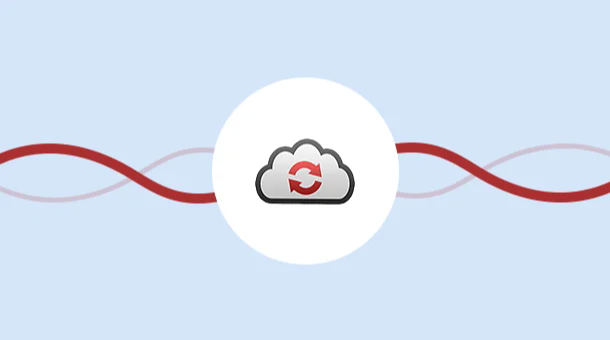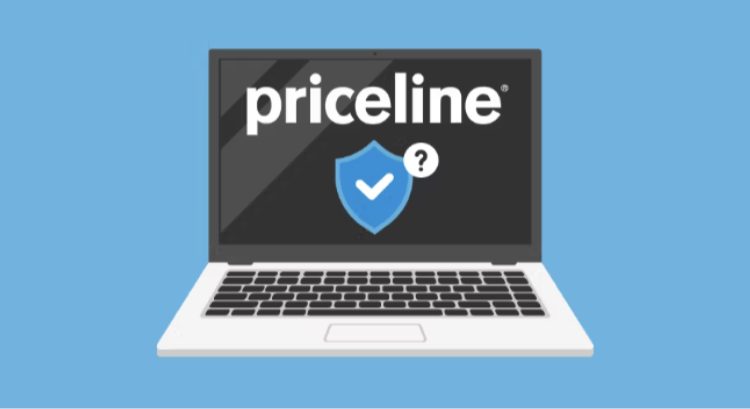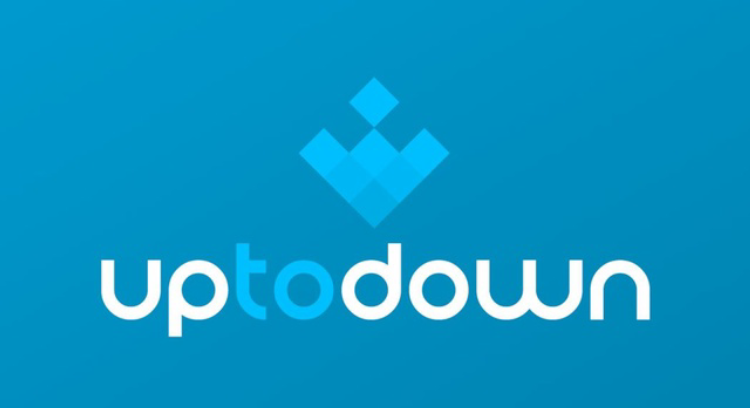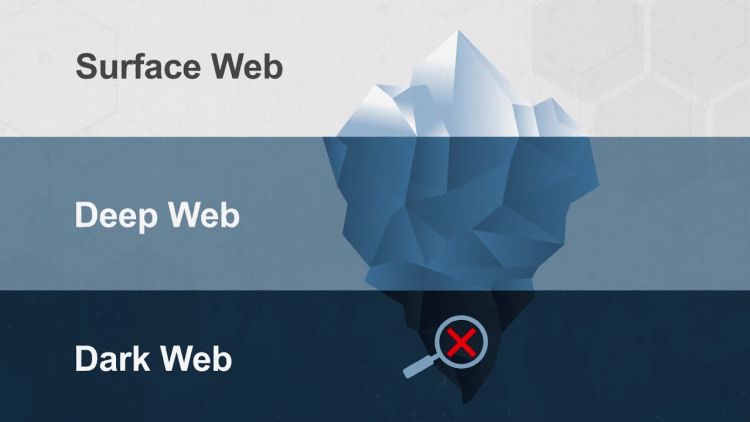Have you recently encountered an alert on your iPhone about one of your passwords being part of a data leak? While it might sound alarming, there's no need to panic right away. This notification doesn’t always mean immediate risk, but it’s a great opportunity to strengthen your cybersecurity.
Here’s a comprehensive guide on what a data leak on an iPhone means, how to handle it, and why using tools like Falcon VPN can help improve your online safety. For additional protection, learn how to spot and remove malware.
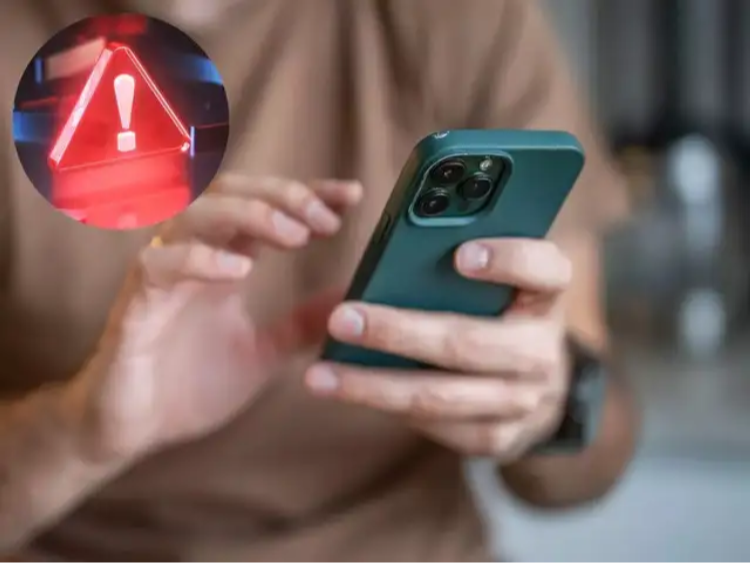
What Does a Data Leak on an iPhone Mean?
If you save your passwords on your iPhone, Apple periodically checks them against a database of leaked information. This ensures you’re alerted if any of your stored passwords have appeared in a data leak.
When you see the message “This password has appeared in a data leak,” it doesn’t necessarily mean your personal account has been compromised. Instead, it means your exact password appears in a publicly available list of breached data. For example, if someone else used the same password you did across accounts like Amazon or Instagram, it could trigger this alert.
Why This Matters
-
If your password is weak or commonly used, such as “123456” or “password1,” hackers could potentially use it for brute-force attacks across various platforms.
-
Even if your specific account wasn’t breached, this overlap makes it easier for malicious actors to exploit your credentials.
Why Are Data Leaks a Threat?
While password notifications might not seem urgent, data leaks can pose significant risks in multiple ways:
1. Privacy at Risk
Personal details like your name, address, or social security numbers, when leaked, can expose you to phishing, fraud, or even identity theft. Breaches such as the Snapchat data leak and Roblox data leak have highlighted how easy it is for hackers to exploit user information.
2. Financial Damage
Financial data breaches, like the Amazon data breach, can lead to unauthorized transactions, costing individuals and businesses thousands. Recovering lost funds and improving security often comes with a heavy price tag.
3. Reputational Harm
For businesses like Netflix, responding to massive data leaks involves rebuilding customer trust and addressing brand damage. Netflix has responded to a massive data leak, setting standards for organizations to take swift, transparent action.
4. Legal Ramifications
Organizations that mishandle personal data, as seen in incidents like the mailpass_3.4m_chucky data leak, may face penalties under regulations like GDPR. These costs can cripple smaller businesses.
5. National Security Concerns
On a broader scale, data leaks involving government entities can risk sensitive military or diplomatic information, posing national security threats.
Why Did Apple Send You a Data Leak Notification on an iPhone?
Apple is prioritizing your security, which is why it compares the passwords saved on your iPhone against publicly available leaked password databases. This process uses on-device methods, ensuring that Apple never sees your passwords. The data leak notifications are recommendations for improving your security by changing weak or compromised passwords.
How to Check Compromised Passwords on an iPhone or iPad
Follow these steps to identify compromised passwords stored on your iPhone or iPad:
-
Open Settings.
-
Tap Passwords.
-
Tap Security Recommendations.
-
Toggle on Detect Compromised Passwords.
Once enabled, the system will display any passwords flagged in a data leak. Keep in mind, this doesn’t mean hackers have your account details. Instead, these notifications indicate that your password matches one included in a data breach, such as a Netflix-related data leak or another widely reported event like the Snapchat data leak.
What to Do If You Find Compromised Passwords
-
Select your flagged accounts and update passwords directly on the associated website.
-
Choose a random, long password and consider tools like Falcon VPN Keys to manage and store your updated passwords securely.
-
Consider closing accounts you no longer use to add another layer of protection.
What Does a Data Leak Notification on Your iPhone Really Mean?
A common question is whether the data leak notification means your account has been hacked. The short answer is no. These notifications simply mean your password has been found within a data breach, like the widely-discussed Amazon data breach, or tagged in a file like "mailpass_3.4m_chucky." While immediate action may not be necessary, Apple recommends updating your credentials for better security.
Managing Saved Passwords on an iPhone
One of Apple’s noteworthy conveniences is its password-saving feature. When you sign up for accounts on websites and apps, your iPhone can store these passwords and autofill them when you log in.
How to Modify or Remove Saved Passwords
-
Go to Settings.
-
Tap Passwords to see all your saved logins.
-
Select the account you want to manage.
-
Tap Edit.
-
Update your username, password, or associated website. You can also add notes or delete the entire login record if needed.
While Apple’s in-built password management is reliable, many users prefer Falcon VPN Keys. Using Falcon VPN Keys offers advantages like seamless syncing across devices and added privacy due to encrypted data protection, whether on your iPhone or other platforms like Android via the Free VPN for iphone -Falcon VPN.
How to Protect Your Accounts Against Data Leaks
Data leaks are becoming alarmingly frequent, leaving many wondering if staying secure is even possible. But here’s the good news – while data breaches might feel beyond your control, you absolutely can take steps to protect your accounts effectively. Here’s how:
1. Use Unique Passwords
Reusing passwords across multiple accounts? It’s time to stop. Hackers often exploit this habit by using stolen credentials across different platforms. If you’re using the same username and password on multiple accounts, a breach on one site can leave all your accounts exposed.
Tips to create unique passwords:
-
Create strong, unique passwords for every account.
-
Use a password manager, like Falcon VPN Keys, to safely store all your unique passwords.
By doing so, even in the event of a mailpass_3.4m_chucky or Roblox data leak, your other accounts will remain secure.
2. Enable Two-Factor Authentication (2FA)
Adding an extra layer of protection is easier than you might think. Two-factor authentication requires you to provide a one-time code along with your password when logging in.
How 2FA works:
-
You’ll receive a unique code via SMS, email, or an authenticator app.
-
Even if your password is leaked during a major data breach like the Amazon data breach, hackers will need access to your device to log in.
This added step ensures that even a data leak on an iPhone won’t leave your accounts completely vulnerable.
3. Use a VPN
When it comes to securing your online activities against potential attacks, few tools are as effective as a VPN. A VPN creates a strong, encrypted tunnel that prevents attackers from intercepting your online data transmissions, including sensitive information like passwords.
Benefits of using Falcon VPN:
| Feature | Benefit |
|---|---|
| Protects up to 8 devices | Secure multiple gadgets simultaneously |
| Easy-to-use app | Convenient protection on the go |
| Available on iPhone and Android | Cross-platform security coverage |
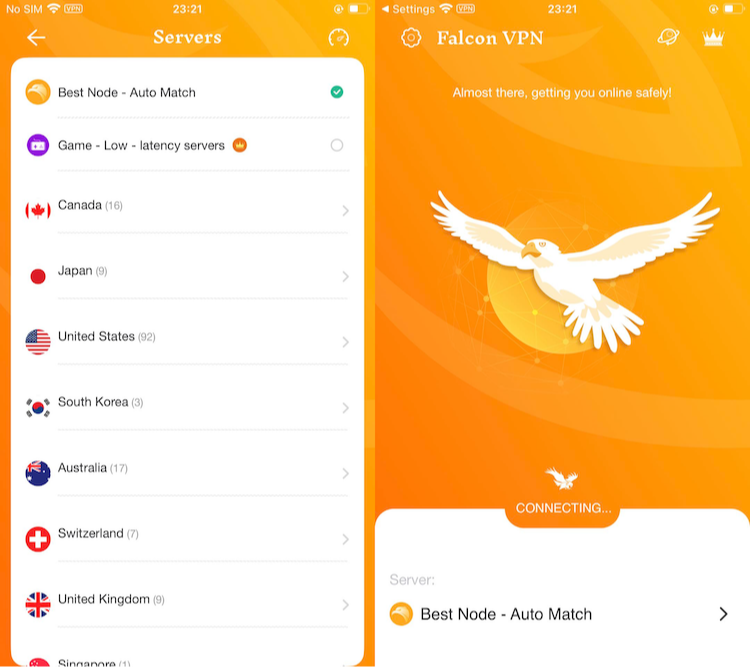
- Get the VPN App
Head over to FalconVPN and download the appropriate version for your device. - Complete Installation
Open the downloaded file and follow the prompts to install the VPN app on your device. - Open the VPN App
Launch the app after installation. Select your preferred server location. - Connect to Secure Your Internet
Hit the “Connect” button to encrypt your connection and protect your online activities.
Get free vpn-Falcon VPN and start protecting your data wherever you go.
Stay Vigilant to Protect Yourself
Data leaks aren’t just abstract threats; they’re all too real. Recent incidents like the Snapchat data leak and headlines stating “Netflix has responded to a massive data leak” serve as a stark reminder of how critical it is to stay on top of digital security.
By using unique passwords, enabling two-factor authentication, and securing your connection with Falcon VPN, you’ll make it significantly harder for hackers to access your information, even if there’s a data leak on an iPhone.
Take control of your online safety today – because your data deserves protection.
FAQ About Data Leak on an iPhone and Password Protection
What does a data leak notification on an iPhone really mean?
It means your password was found in a publicly available breach, such as the Amazon data breach or mailpass_3.4m_chucky leak. It doesn’t necessarily mean your account was hacked, but it’s a prompt to update your password.
How can I check if my passwords are compromised on my iPhone?
Go to Settings > Passwords > Security Recommendations and enable Detect Compromised Passwords. Your iPhone will show passwords flagged in breaches like the Snapchat data leak or Roblox data leak.
Is using the same password on multiple sites risky?
Yes. If one site experiences a data breach, hackers can use the leaked credentials to access your other accounts. Unique passwords are crucial for security.
How does two-factor authentication protect me from data leaks?
Even if your password is leaked, 2FA requires a secondary verification code, usually sent to your device, making it much harder for hackers to access your accounts.
Can a VPN help protect my data from leaks?
While a VPN doesn’t prevent data leaks, it encrypts your internet connection, making it harder for hackers to intercept sensitive data during transmission, enhancing your overall security.
What should I do if I see a data leak alert on my iPhone?
Update your password immediately with a strong, unique one. Consider using a password manager like Falcon VPN Keys and enabling 2FA to protect your account further.

John Miller is a tech enthusiast and online privacy advocate with over 8 years of experience in VPN and cybersecurity. He writes expert guides to help users navigate VPN options, enhance their online security, and protect their privacy on the internet.
